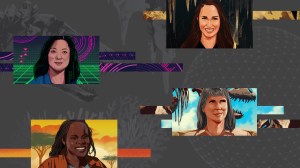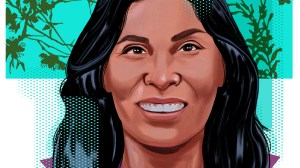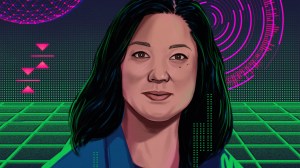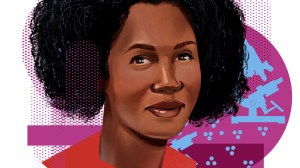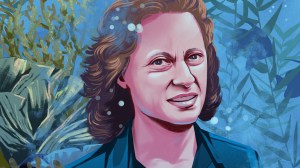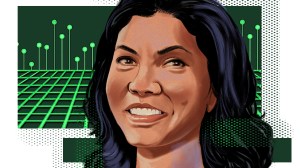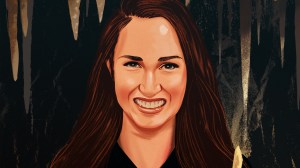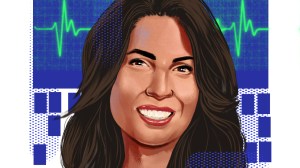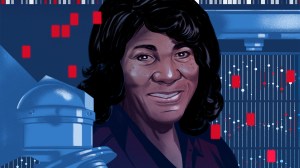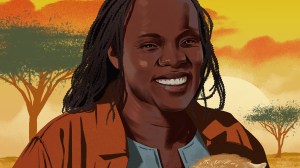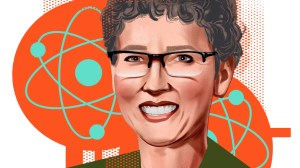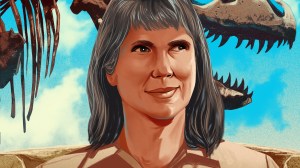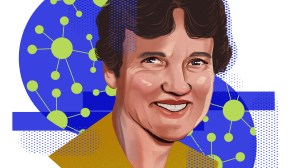In this series
Biomedical engineer, Nashville, Tennessee
Audrey Bowden’s lab at Vanderbilt University uses optics to improve technologies doctors apply in a range of scenarios. One project is developing imaging tools to aid doctors in improving in vitro fertilization outcomes. Another works on brain imaging technology so that researchers can study ADHD in children.
“One of the hopes of my field is be able to improve health outcomes,” said Bowden. “We’re trying to build technologies that help doctors detect health problems earlier so (patients) get the treatment they need.”

A bigger dream of hers, though, is to develop technology that is “more low-cost and portable so people who don’t have access to really expensive health care options can still get high quality medical care.”
The desire is fueled by living abroad as well as by her parents’ work with world missions. “My dad is always contacting me and asking, ‘Can we take your technology with us on our next trip?’” While that is something she has yet to do, “that is one of the things that drives me.”
“It’s part of our responsibility as Christians to raise a voice for those who don’t have a voice,” she said, pointing out that diversity can include other experiences, such as single parenthood or different citizenship. “But I do think that people who are diverse have more interest in raising their voice for these.”
In medicine, it’s especially important, explained Bowden, as it moves toward a more personalized approach, where people aren’t just put in broad categories but are given unique consideration. “We need diversity in science to even raise the question: ‘Are we using a diverse set of samples to make sure the treatment is effective for people?’” said Bowden.



